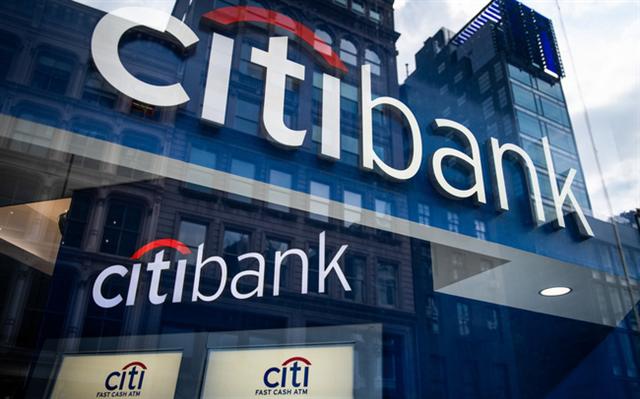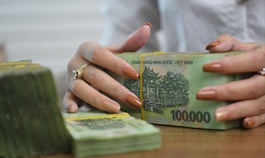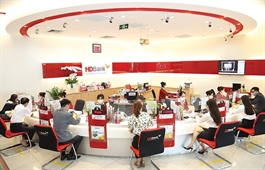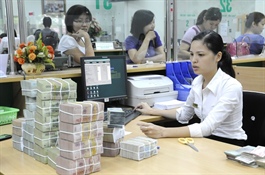Expert names reasons why foreign banks scale back operation in Vietnam
Expert names reasons why foreign banks scale back operation in Vietnam
While western banks are having limited presence in Vietnam, their Asian peers have greater interests in the country.
Growing risk from bad debts and high capital mobilization rates are major reasons why some foreign banks, mainly those from the US and Europe, are scaling back their operation in Vietnam.Banking expert Nguyen Tri Hieu told Hanoitimes while referring to the US-based Citigroup’s announcement of exiting its retail business from the Vietnamese market.

Economist Nguyen Tri Hieu
|
“Foreign banks, especially those from western countries, have strict procedures on risk management, but in Vietnam, this could become a weakness as it is hard for them to attract local customers,” he said.
Following the move, Citigroup said it would significantly scale back its presence in the retail banking business in 13 countries, including China, India, South Korea, and Vietnam, while shifting focus towards wealth management.
“Capital mobilization rate in Vietnam at 5-6% per annum is much higher than that in the US at 1%, while bad debts remain a major issue in providing loans for individual customers and businesses,” said Hieu.

Citigroup is exiting its retail businesses in 13 markets, including Vietnam. File photo
|
Meanwhile, Citigroup’s CEO Jane Fraser said the bank does not have the scale it needs to compete in all 13 markets, but will continue to offer products in those markets to customers of its institutional client groups, which houses private banks, cash-management arm and investment-banking and trading businesses.
Lai Minh Thuy, acting General Director of Citigroup Vietnam, said the decision would not affect the bank’s long-term commitment at Vietnam, as well as in the Asia-Pacific.
“There would be no immediate changes to our operation after Citigroup’s announcement of exiting its retail banking business in Vietnam,” Thuy stated, adding the transitional period would take a few months or longer.
“Citigroup’s decision may prompt other partners to acquire our retail business,” she continued.
In April 2017, the Australia and New Zealand Banking Group (ANZ) also made the same move by withdrawing from the retail business in Vietnam, which was later sold to South Korea’s Shinhan Vietnam.
Expert Hieu added decision to exit Vietnam’s market normally come from western banks. “Deutsche Bank, one of Germany’s major banks, also has limited operation in Vietnam,” he said.
“However, Asian banks from Japan, South Korea, Singapore, Malaysia or Indonesia have much greater interests in the Vietnamese market,” Hieu asserted.
“It could be that they share the same business culture here,” he argued.
Hieu, nevertheless, pointed out a positive point that in overall, the Vietnamese banking sector is on the rise and remains an attractive sector for investment.
“It is not like they would walk away from the market, as its high growth rate could convince them to return as investment banks,” Hieu suggested.
Since the acquisition of ANZ’s retail business, Shinhan Vietnam has been recording high profit growth of over 24% during the 2017-2019 period.
Last year, despite the severe Covid-19 pandemic, Shinhan Vietnam posted pre-tax profit of VND3.07 trillion (US$133.7 million), an increase of 8.4% year-on-year.
























